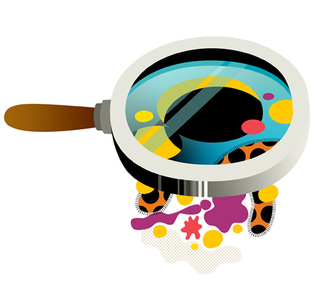
Alex Eben Meyer
Hundreds of bacterial species call the human intestines home. Many of these are friendly occupants that break down indigestible foods and help us make key vitamins, but other bacteria are more malicious, especially if they can sneak out of the gut. Take Enterococcus gallinarum, for example. From its home base in the intestines, this species can travel to the liver, spleen, or lymph nodes.
“Only select bacteria are capable of breaking through the intestinal barrier, so [E. gallinarum] is a special case,” said Martin Kriegel, chief of rheumatology at the University of Münster and an adjunct associate professor at the Yale School of Medicine. In 2018, Kriegel’s team deduced that when E. gallinarum leaves the gut, it can trigger autoimmune diseases outside of the intestines such as lupus. But their mouse models didn’t quite show how the wandering bacteria drove disease in humans.
Now, in a new study published in Science Translational Medicine, a team led by Kriegel and collaborators reveals how these tiny microbes manage to turn a person’s immune system against their own body, offering a potential new pathway to treat autoimmune diseases.
Immune cells typically patrol the body, looking for foreign molecules that might be signs of an infection, but in autoimmunity these cells attack their host’s own body. Using blood from people with lupus and autoimmune hepatitis, Kriegel’s team found that E. gallinarum RNA, rather than similar molecules from the human host, triggered specific immune cells and molecules that may lead to autoimmunity.
“We have more and more evidence that these gut bacteria are alive and translocating and kicking off human immune responses,” Kriegel said. His lab is continuing to investigate why E. gallinarum causes immune cells to respond to RNA specifically, and why other species may or may not do the same.
He thinks this could offer a promising new way to treat diseases such as lupus and rheumatoid arthritis. “Someday in the future, we will have new treatments for autoimmune diseases that don’t just suppress your immune system, but address the triggering factors by removing bad bacteria.”
 loading
loading